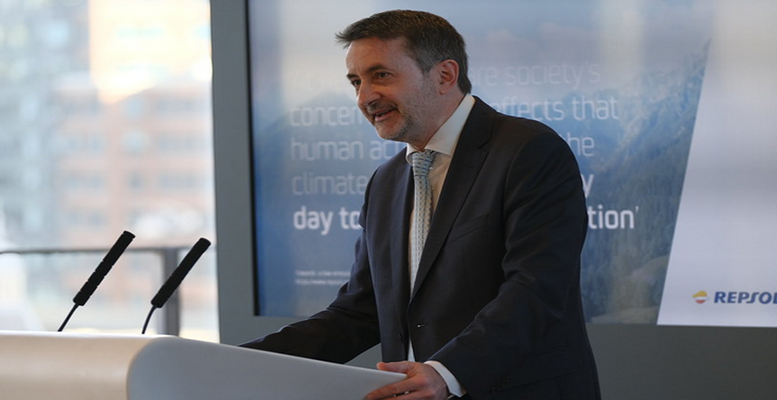Europe has significant gas fields in the Netherlands, the North Sea, Poland, and Spain, but they are not exploited. “We say we don’t do it because we are sustainable, and then we make a commitment to buy it from the US, which is a fantastic exercise in continental hypocrisy,” says Repsol’s CEO, Josu Jon Imaz. This is because “these products are then imported, increasing carbon dioxide (CO2) emissions in the world, because those industries abroad emit more.” For Imaz, who participated in an energy conference organized by ‘El Economista,’ it’s “a decision that if, in political terms, the European Union believes it must be made, we are prepared to do it.” He also assures that “the Spanish energy system is prepared to do it, as it has a magnificent system and the capacity to import Algerian gas.”
Following the anti-tariff agreement signed with the US, Europe will buy energy worth $750 billion (€638 billion) from the US. In fact, the gas that entered Spain during the month of August came from the United States (more than 38%), ahead of Algeria (36.4%) and Russia (7.8%), according to data from the Enagás Statistical Bulletin.
For the year to date, Algeria is positioned as the top supplier with 33%, followed by the US with 30.7% and Russia with 12.3%. Natural gas has been left out of the vetoes adopted by the EU against Russia.
For now, Repsol has just raised $2.5 billion (€2.1345 billion) in three bond issues from its exploration subsidiary, Repsol E&P, with which it will refinance part of the company’s debt, which is positioned as “one of the largest independent oil and gas producers.”





